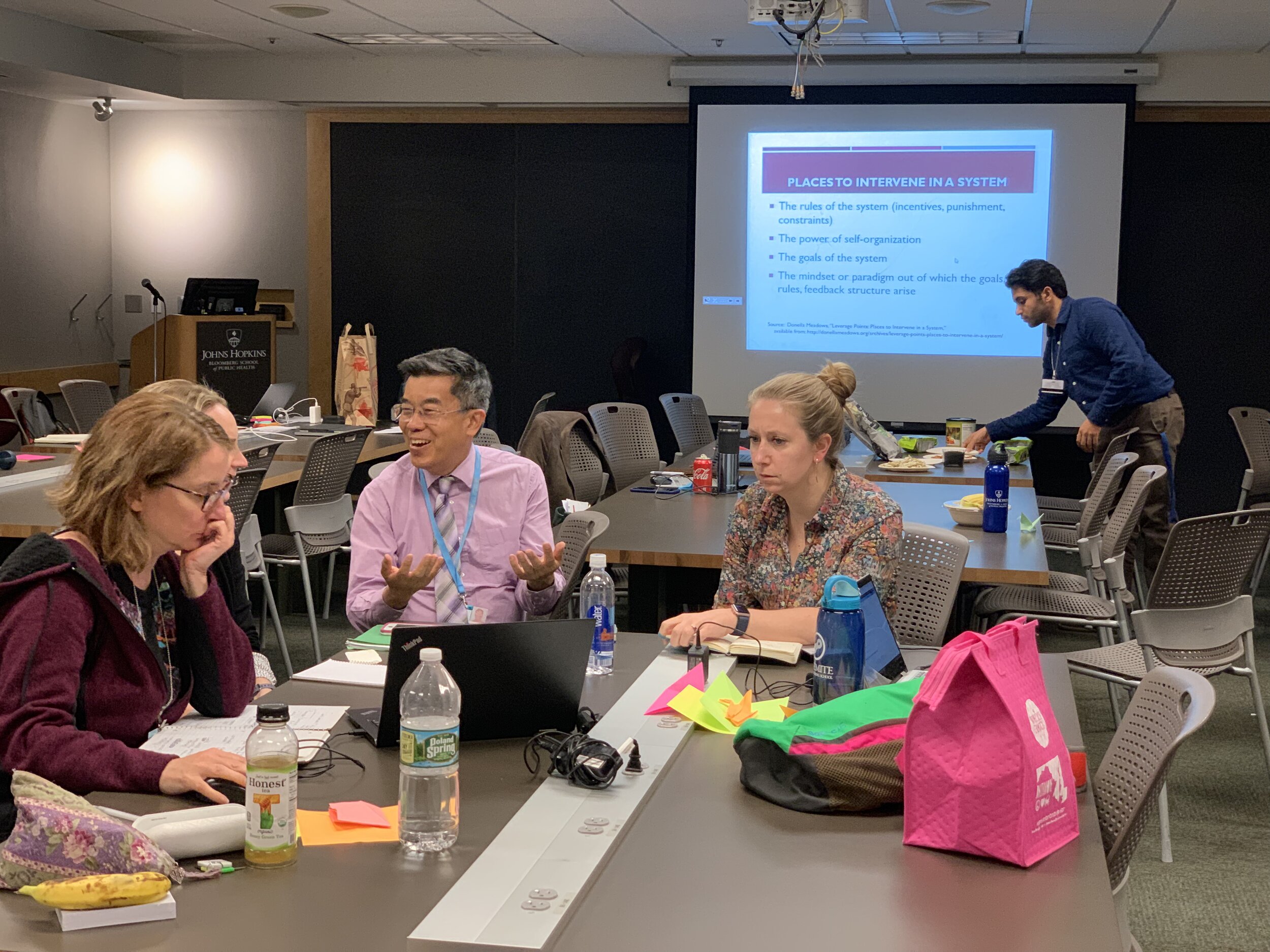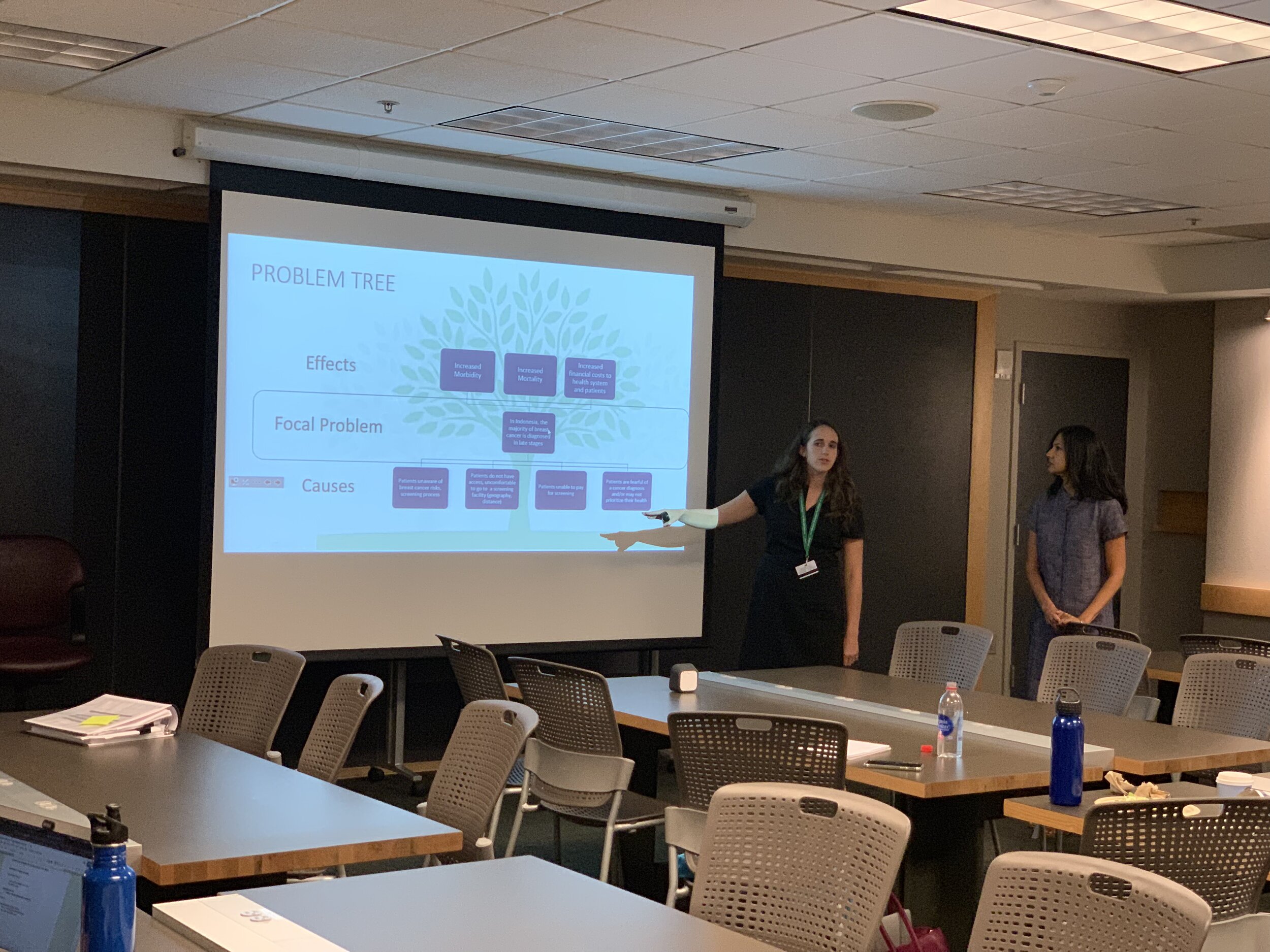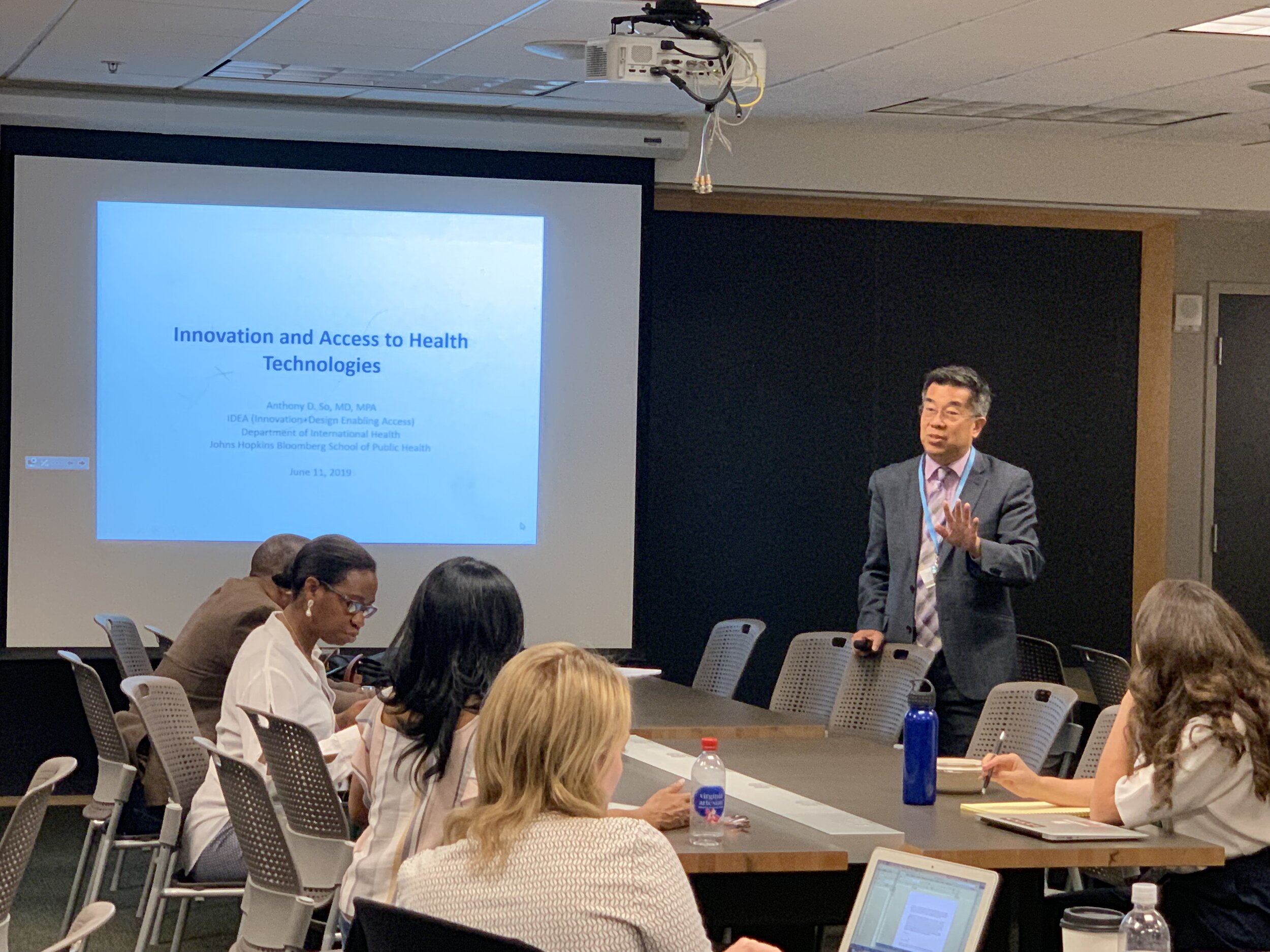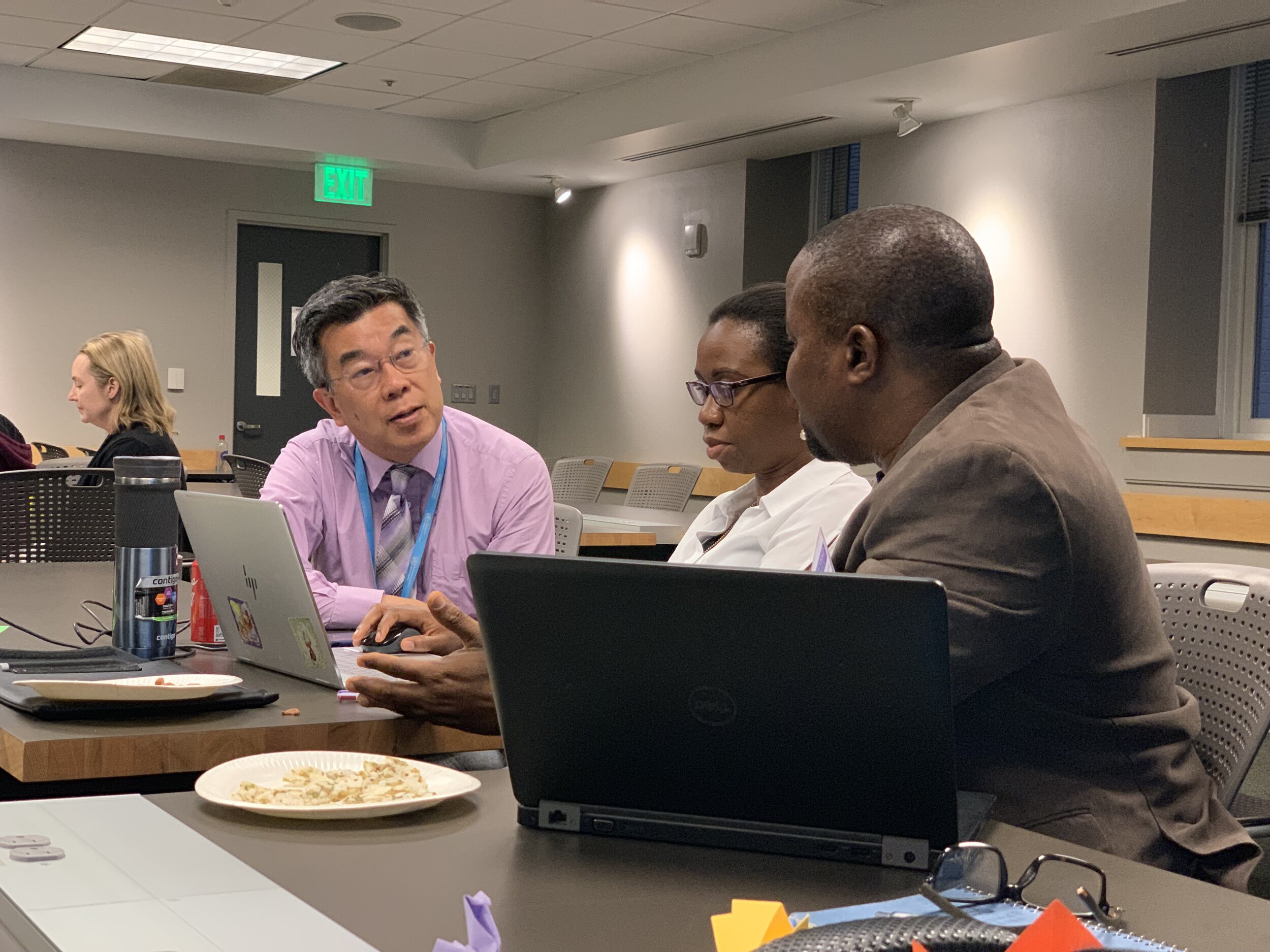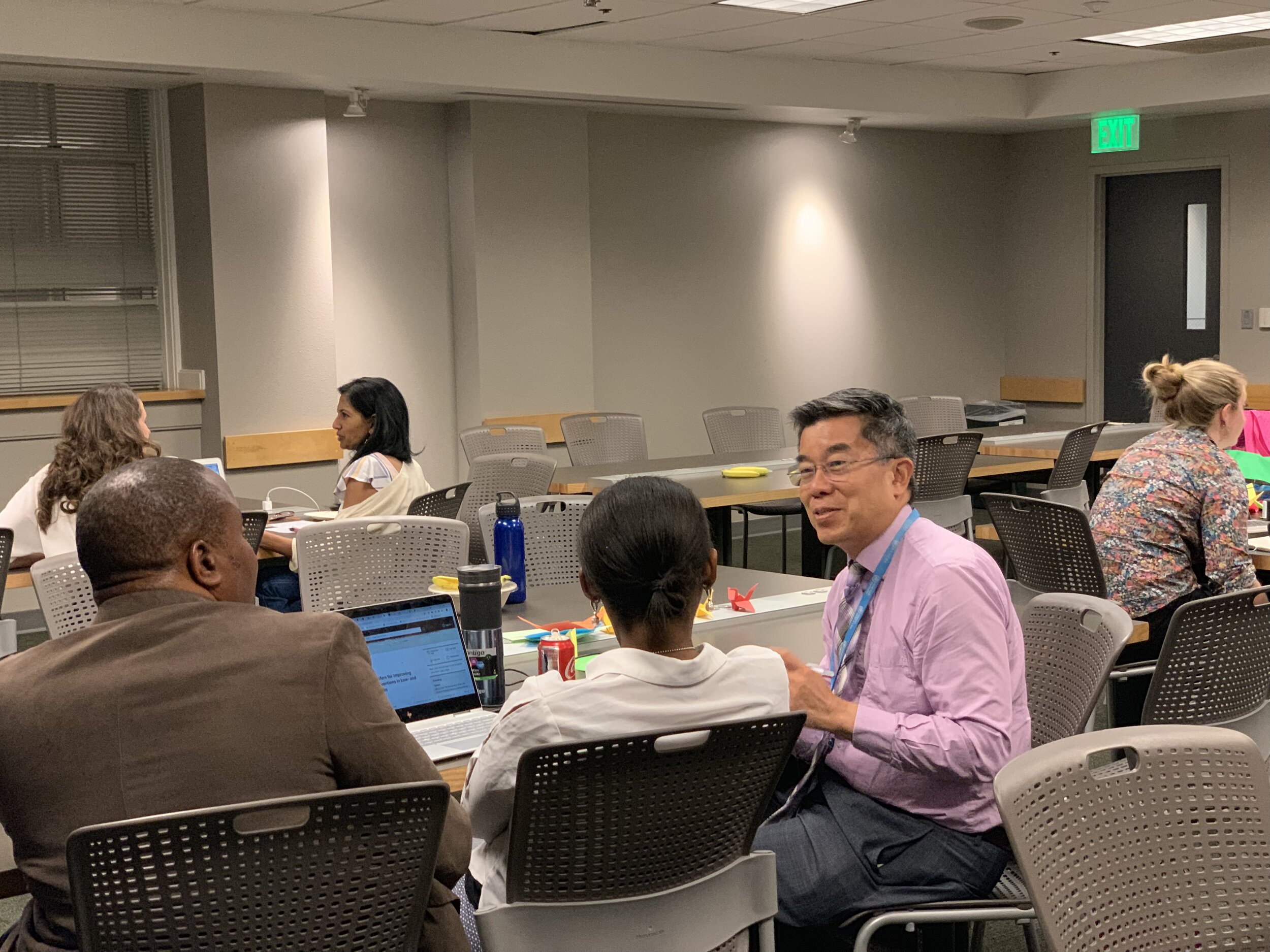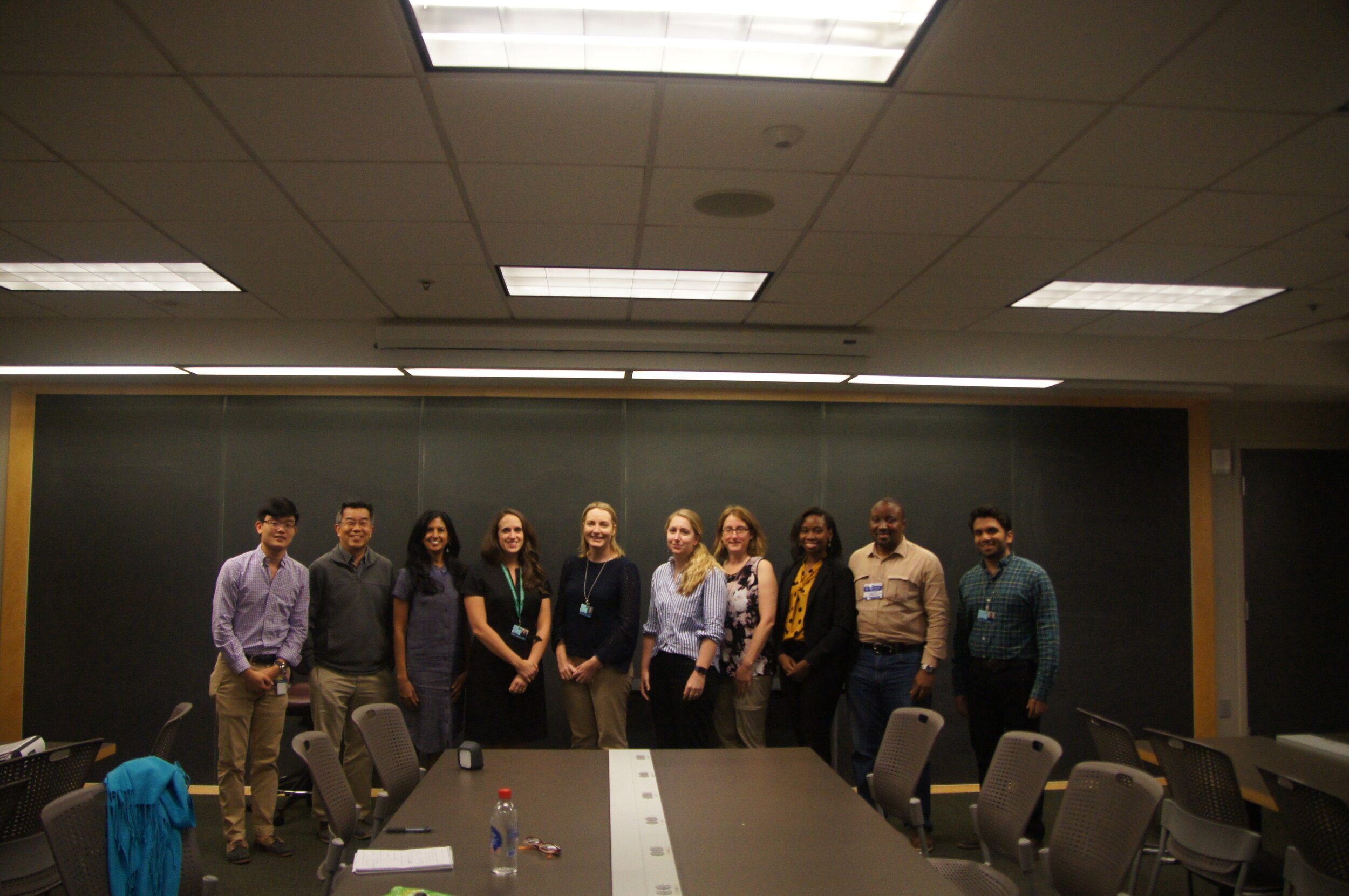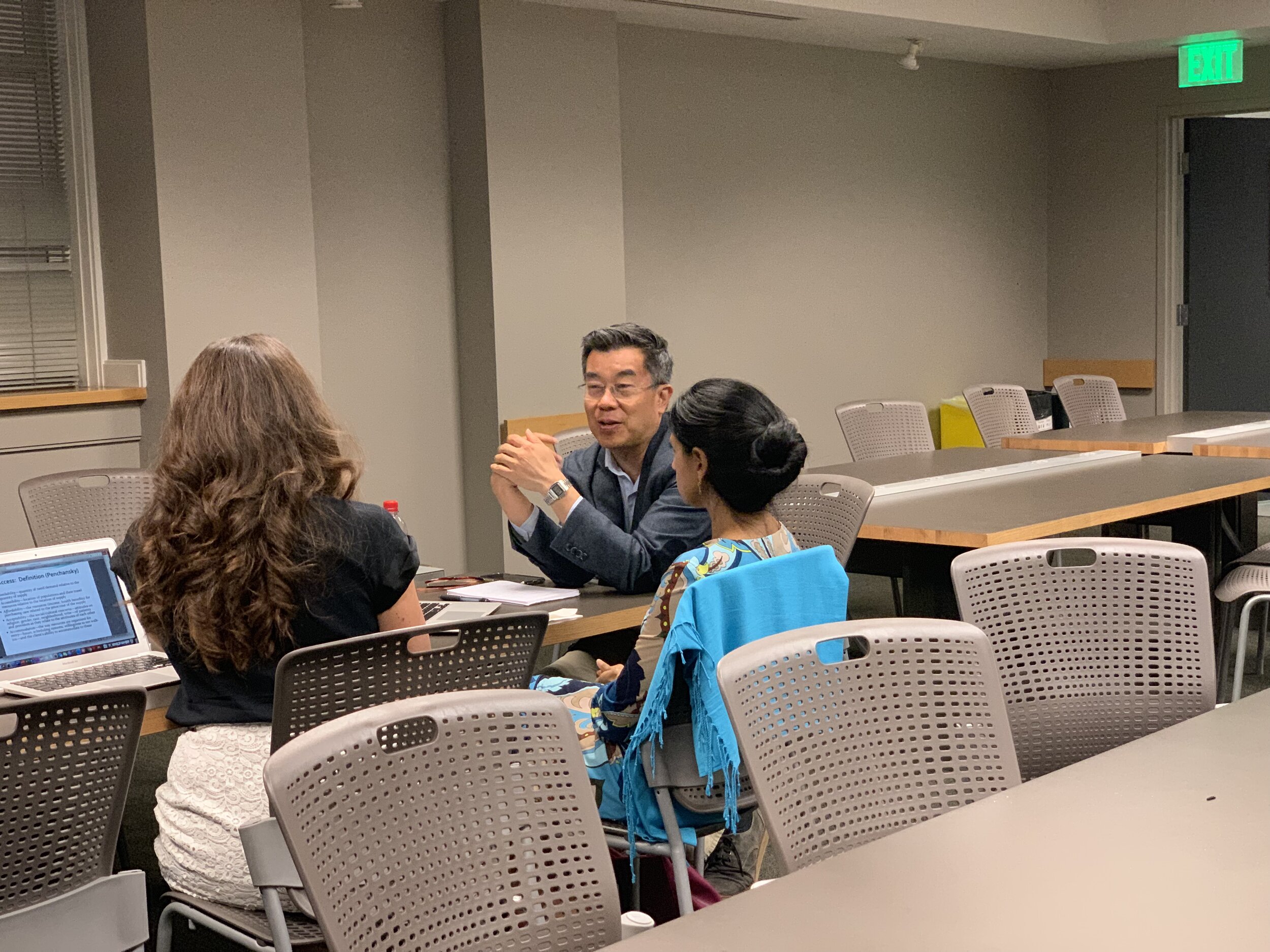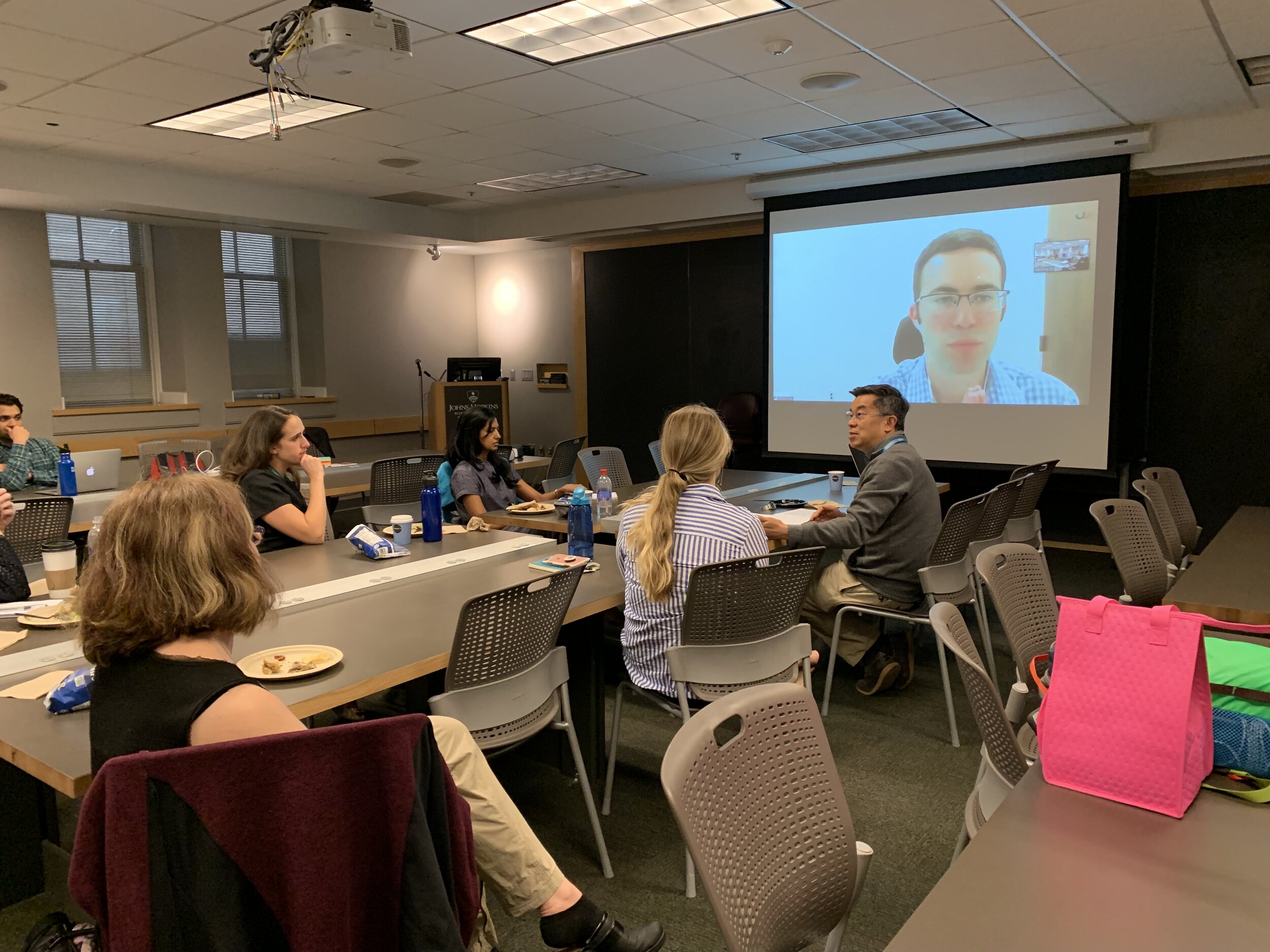Health Systems Summer Institute: Designing Transformative Innovation for Global Health
This course seeks to provide an introduction to transformative health innovation in resource-limited settings through a policy lens. In this age of globalization, the expectations of life-saving technologies cross borders readily, but the diffusion of these technologies, particularly into low- and middle-income countries, often lags behind. This asymmetry in globalization is the root of much health inequity.
Technologies like antiretroviral drugs or treatment for cancer provide clear examples of such asymmetry. There are also many appropriate technologies that are potentially transformative for improving local health—making water potable, cookstoves more efficient and less polluting, and point-of-care diagnostics more available in clinics. Delivering the benefits of such technologies is not just a matter of hardware, but also of software. That is, trained healthcare workers also have to be in place, not just the bricks-and-mortar of clinics and what equipment they might house. Transformative technologies and institutions have the potential to improve significantly the health of populations and narrow the disparities between those who have and those who do not have access to health care.
This intensive, short course examines the context of what makes innovation potentially transformative. Students will gain exposure to key policy tools such as stakeholder, value chain and market analyses as well as systems thinking. In so doing, they will consider and critique how policy—from intellectual property rights to the structuring of economic incentives with public or private sector funding—can create an enabling environment (or not) for innovation and access in resource-limited settings. In introducing new technologies or institutions, ethical issues also arise, from double standards to donor-recipient relationships.
Register for the 2020 Designing Transformative Innovation for Global Health Summer Institute course starting February 11, 2020 by visiting here.

